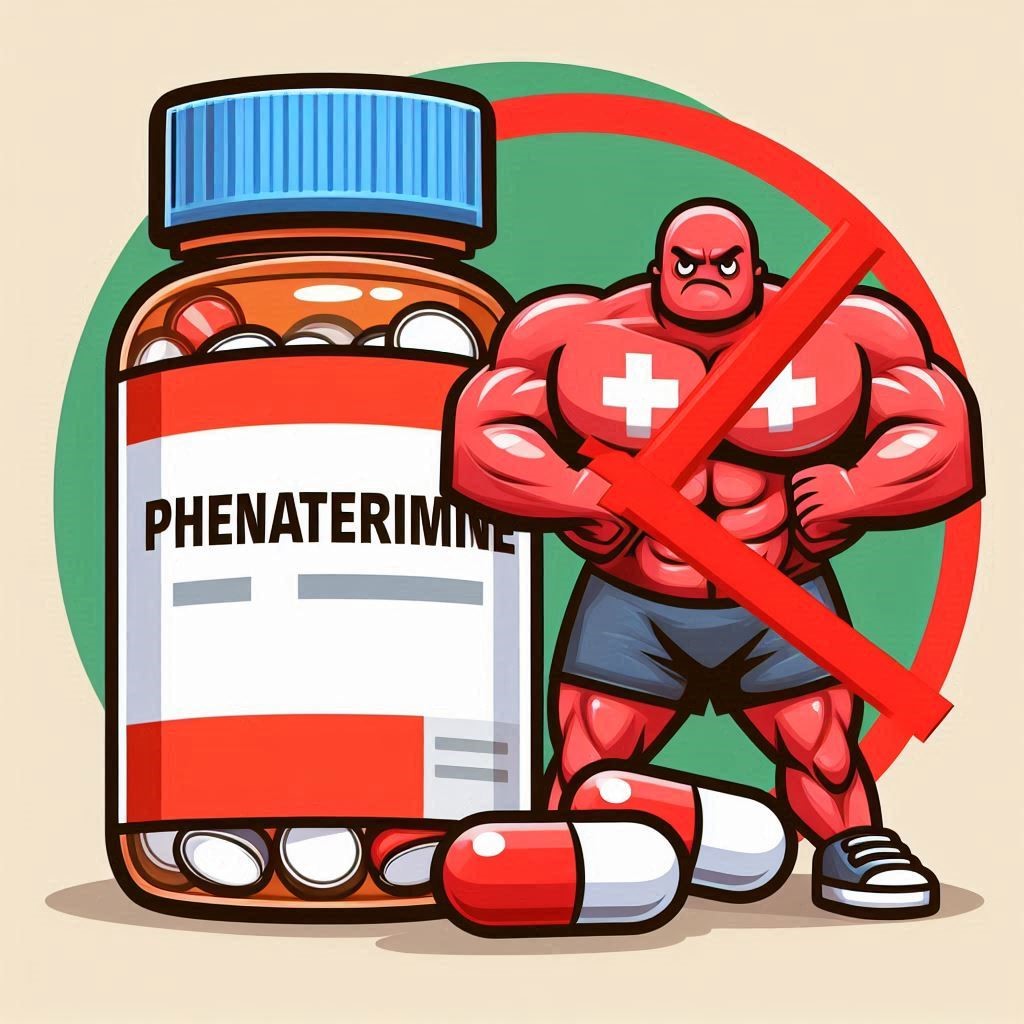Introduction to Fentanine and its Uses
Fentanine has become a hot topic in recent years, sparking debates and discussions across various platforms. As a powerful synthetic opioid, it is often hailed for its effectiveness in managing severe pain. However, the dark side of Fentanine—its potential for addiction and overdose—has raised red flags among medical professionals and the public alike.
In this complex landscape, understanding both the risks and benefits of Fentanine is crucial. Whether you’re exploring treatment options or simply seeking information to make informed decisions, getting to grips with what Fentanine entails can empower you on your journey toward effective pain management.
Join us as we delve deep into the world of Fentanine: its uses, controversies, risks, benefits in medical settings, alternative treatments available today—and how this potent substance could shape the future of pain relief.
The Controversy Surrounding Fentanine
Fentanine has become a household name, often associated with intense debate. Its potency and effectiveness in treating severe pain have made it invaluable in medical settings. Yet, this very strength brings forth serious concerns.
Critics argue that the drug’s high potential for addiction overshadows its benefits. Reports of misuse and overdose have skyrocketed, leading to tragic outcomes. Many families have been affected by the relentless grip of dependency.
The pharmaceutical industry also faces scrutiny. Some claim that aggressive marketing tactics contributed to widespread prescriptions without adequate patient education on risks.
Advocates point out that when used responsibly under medical supervision, Fentanine can significantly enhance quality of life for patients suffering from chronic pain or terminal illnesses. As public awareness grows, so does the necessity for balanced discussions around its use and regulation. The conversation continues to evolve as more stories emerge from both sides of the debate.
Potential Risks of Taking Fentanine
Fentanine is a potent synthetic opioid, and its power comes with significant risks. One of the most alarming dangers is the potential for overdose. Even a small miscalculation in dosage can lead to respiratory failure, which may be fatal.
Those who misuse or abuse fentanine are particularly vulnerable. The drug’s euphoric effects can quickly turn into dependency and addiction. As tolerance builds, users often increase their intake, raising their risk profile significantly.
Another concern lies in its illicit use. Fentanine is frequently mixed with other substances without users’ knowledge. This enhances the danger since many people underestimate how much they’re consuming.
Long-term use can also result in serious health issues such as organ damage or hormonal imbalances. Individuals might face withdrawal symptoms if they attempt to stop taking it suddenly, making ongoing management crucial for those on prescribed regimes.
Benefits of Using Fentanine in Medical Settings
Fentanine is a powerful synthetic opioid often used in medical settings for its remarkable pain-relieving properties. Its potency makes it particularly effective for managing severe pain, such as that experienced after surgery or due to cancer.
In controlled environments, healthcare providers can tailor dosages to meet the specific needs of patients. This precision allows for better pain management with fewer side effects compared to traditional opioids.
Additionally, Fentanine’s rapid onset means relief can be achieved quickly. Patients suffering from acute episodes benefit significantly from this immediate action.
Moreover, Fentanine’s formulation into patches and lozenges provides flexible administration options. These methods are especially advantageous for those who may have difficulty swallowing pills or require constant medication delivery over time.
When used responsibly under medical supervision, Fentanine offers significant advantages in improving patient quality of life during critical treatment phases.
Alternative Options for Pain Management
When it comes to managing pain, many alternatives exist beyond Fentanine. Natural remedies can provide relief without the risks associated with opioids.
Herbal supplements like turmeric and ginger have anti-inflammatory properties that may help alleviate discomfort. Acupuncture is another option that some find beneficial for chronic pain management.
Physical therapy plays a crucial role too. Tailored exercises can strengthen muscles and improve mobility, reducing reliance on medication.
Mindfulness techniques such as meditation and yoga promote relaxation and mental well-being, which can be essential in addressing pain holistically.
Incorporating lifestyle changes like a balanced diet or regular exercise might also contribute positively to your overall health while easing pain symptoms.
These options create a pathway for individuals seeking safer methods of relief, allowing them to take control of their wellness journey effectively.
How to Make Informed Decisions About Fentanine Use
Making informed decisions about Fentanine use begins with education. Understand what Fentanine is and how it works in the body. Knowledge empowers patients to ask the right questions.
Consult healthcare professionals who can provide personalized advice based on medical history. A detailed conversation can help clarify potential risks and benefits.
Consider alternative treatments as well. Many options exist for pain management that may have fewer side effects or lower addiction potential.
Stay vigilant about your own health signs. If you notice any adverse reactions, seek help immediately.
Be cautious when discussing dosage and duration of use with a doctor. These factors are crucial in minimizing risks associated with Fentanine.
Connect with support groups or forums where others share their experiences. Hearing real-life stories often illuminates aspects you might not have considered before making a choice.
Weighing the Risks and Benefits of Fentanine
When considering Fentanine, it’s crucial to evaluate both its risks and benefits. This powerful medication is effective in managing severe pain but comes with significant concerns.
The potential for addiction looms large. Many patients may underestimate their susceptibility to dependency. It’s essential to approach Fentanine with caution.
On the other hand, its rapid pain relief can be life-changing for those suffering from chronic conditions or recovering from surgery. The right patient can experience a dramatic improvement in quality of life.
Careful monitoring is key when using this drug. Medical professionals must weigh individual circumstances against possible side effects and overdose risks.
Patients should engage in open discussions about treatment plans. Knowledge empowers better decision-making regarding Fentanine use. Having all the information at hand helps ensure that the choice aligns with personal health goals while minimizing dangers associated with this potent substance.

How Fentanine is Changing the Medical Field
Fentanine is revolutionizing pain management in modern medicine. Its potency allows for effective relief, particularly in patients with severe pain from conditions like cancer or major surgeries.
Physicians are increasingly turning to fentanine as a vital tool where traditional medications fall short. This synthetic opioid delivers rapid results, improving the quality of life for many suffering individuals.
Innovations such as transdermal patches have made administration easier and more efficient. Patients benefit from continuous pain control without frequent dosing.
Moreover, fentanine’s role extends into palliative care. Here, it provides comfort during end-of-life stages when managing distressing symptoms becomes paramount.
As research continues, new delivery methods and formulations are emerging. These advancements promise even greater safety and efficacy while addressing the ongoing challenges of addiction and misuse associated with opioids in general.



